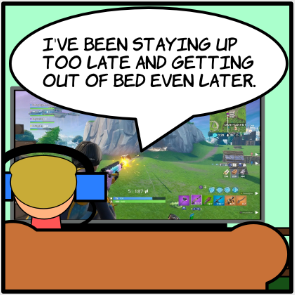

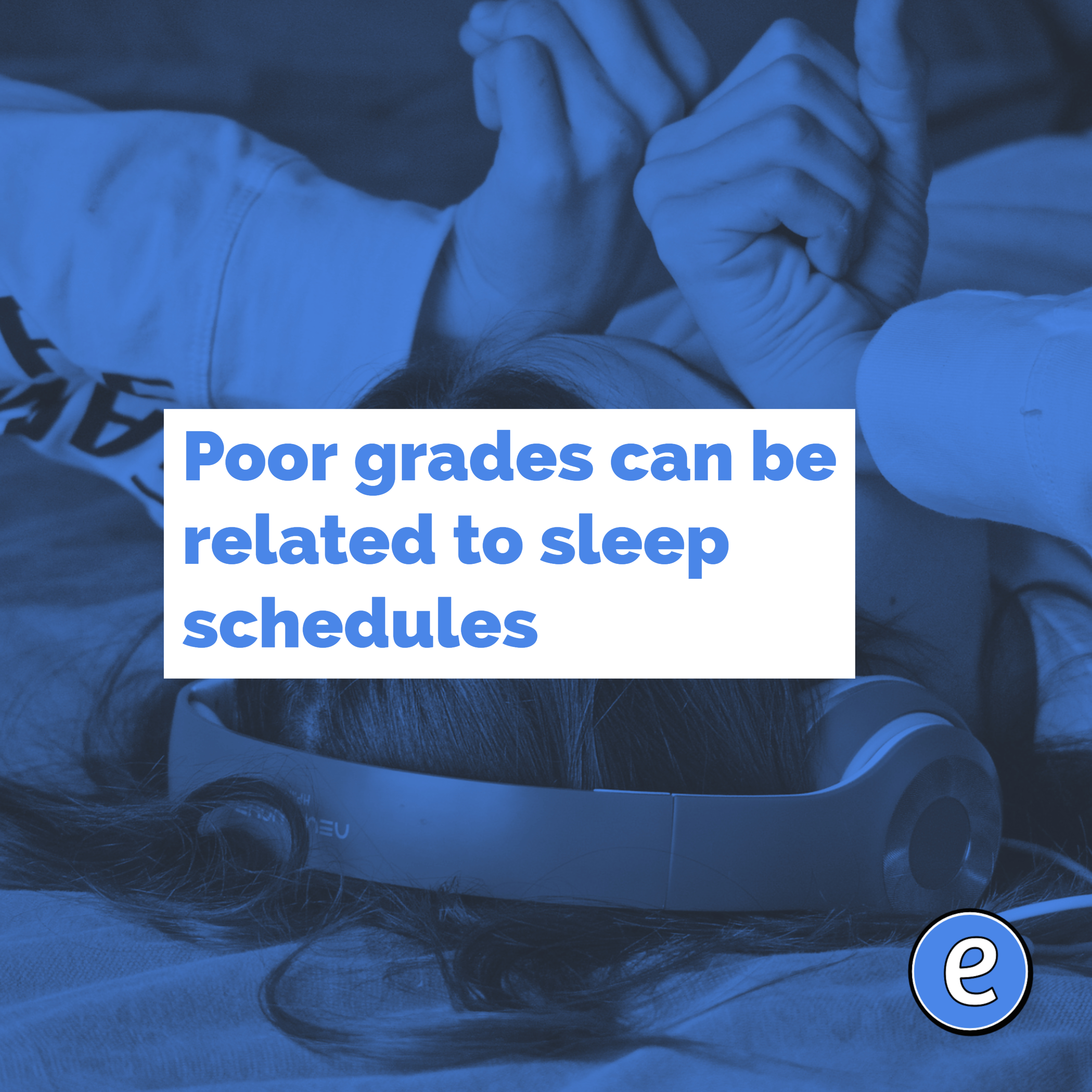
Poor grades can be related to sleep schedules
Their findings, published today in the journal Scientific Reports, show that students whose circadian rhythms were out of sync with their class schedules – say, night owls taking early morning courses – received lower grades due to “social jet lag,” a condition in which peak alertness times are at odds with work, school or other demands….
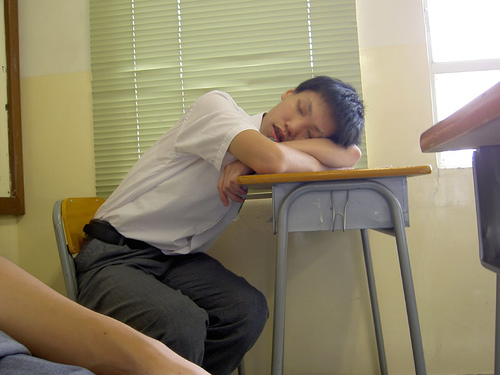
Sleep and memory
The results show that during slow wave sleep, the largest connections are maintained while the smaller ones are lost. This brain mechanism improves the signal-to-noise ratio — important information remains and the dispensable is discarded — and allows the storage of various types of information from one day to the next without losing the previous…
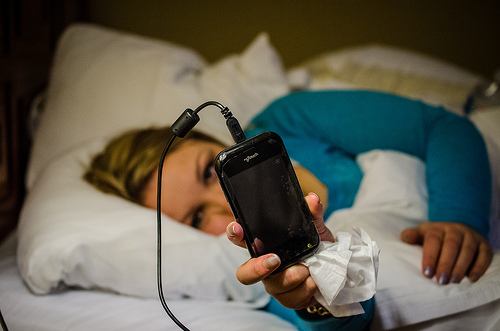
Sleep deprivation for teens, screens are part of the problem
That’s the conclusion drawn by researchers at San Diego State University studying sleep-deprived American teenagers. After conducting a meta-analysis surveying more than 360,000 subjects, they concluded that decreasing sleep time comes at the expense of increasing screen time. “Teens’ sleep began to shorten just as the majority started using smartphones,” states Jean Twenge, Professor of…
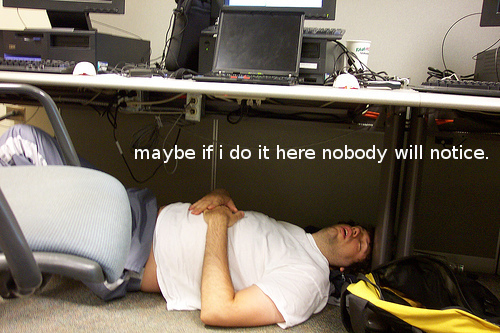
Fixing teens’ sleep deficiencies
Delaying school start times has been universally touted as the answer to the growing epidemic of teenage sleep deprivation, but this common orthodoxy may be based in false ideas about how teen biological clocks really work. The argument for later start times hinges on the fact that teenagers prefer to go to bed and sleep in…
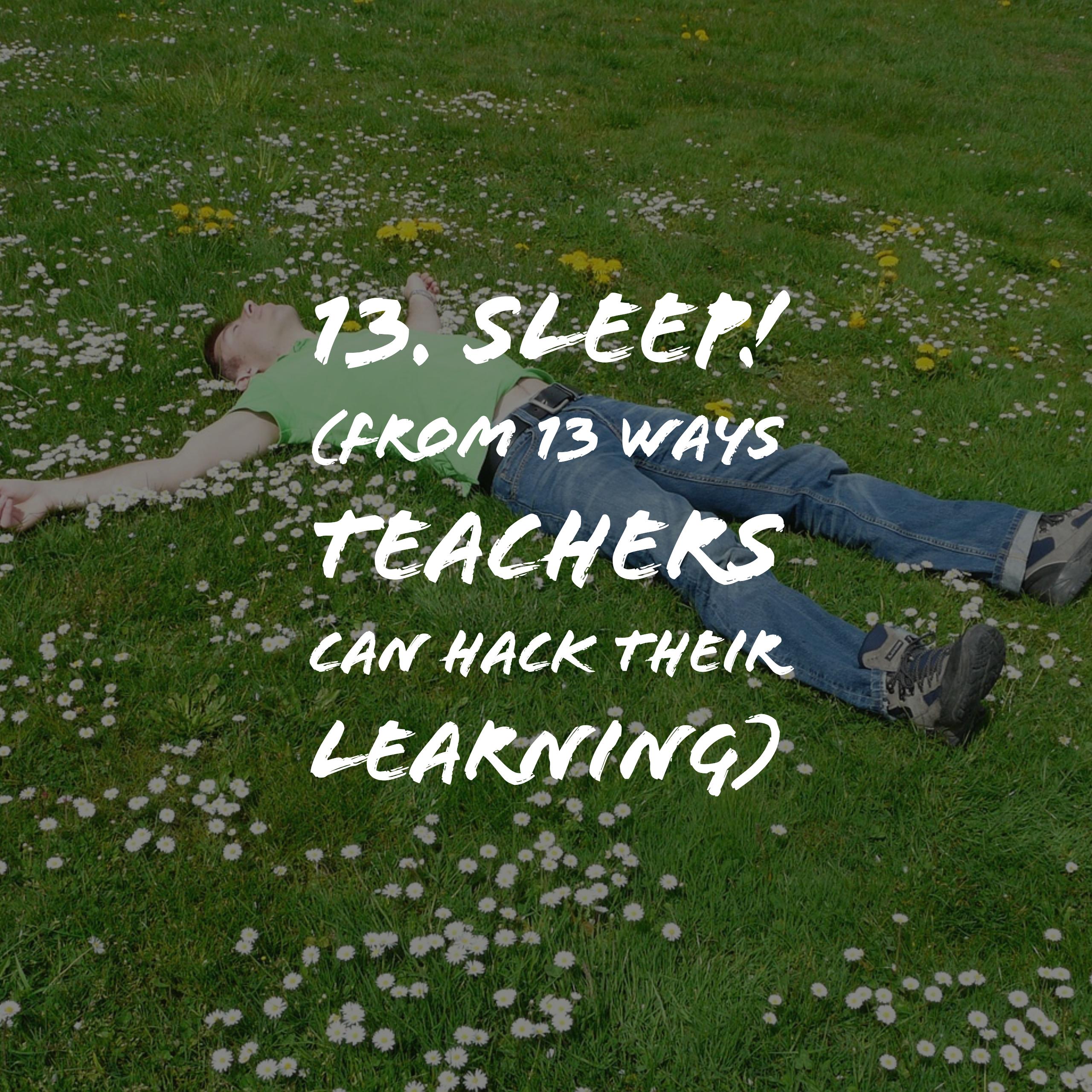
13. Sleep! (from 13 Ways Teachers can Hack their learning)
Sleep! is part 13 of 13 Ways Teachers can Hack their learning. From a motivation point of view, this is the easiest hack on the list. Practicality, however, gets in the way. Starting in August, teachers start to become more and more sleep deprived. They may not notice it, but it’s there. You’ll see the…

The organizational cost of insufficient sleep | McKinsey & Company
Sleep (mis)management, at one level, is obviously an individual issue, part of a larger energy-management challenge that also includes other forms of mental relaxation, such as mindfulness and meditation, as well as nutrition and physical activity. But in an increasingly hyperconnected world, in which many companies now expect their employees to be on call and…